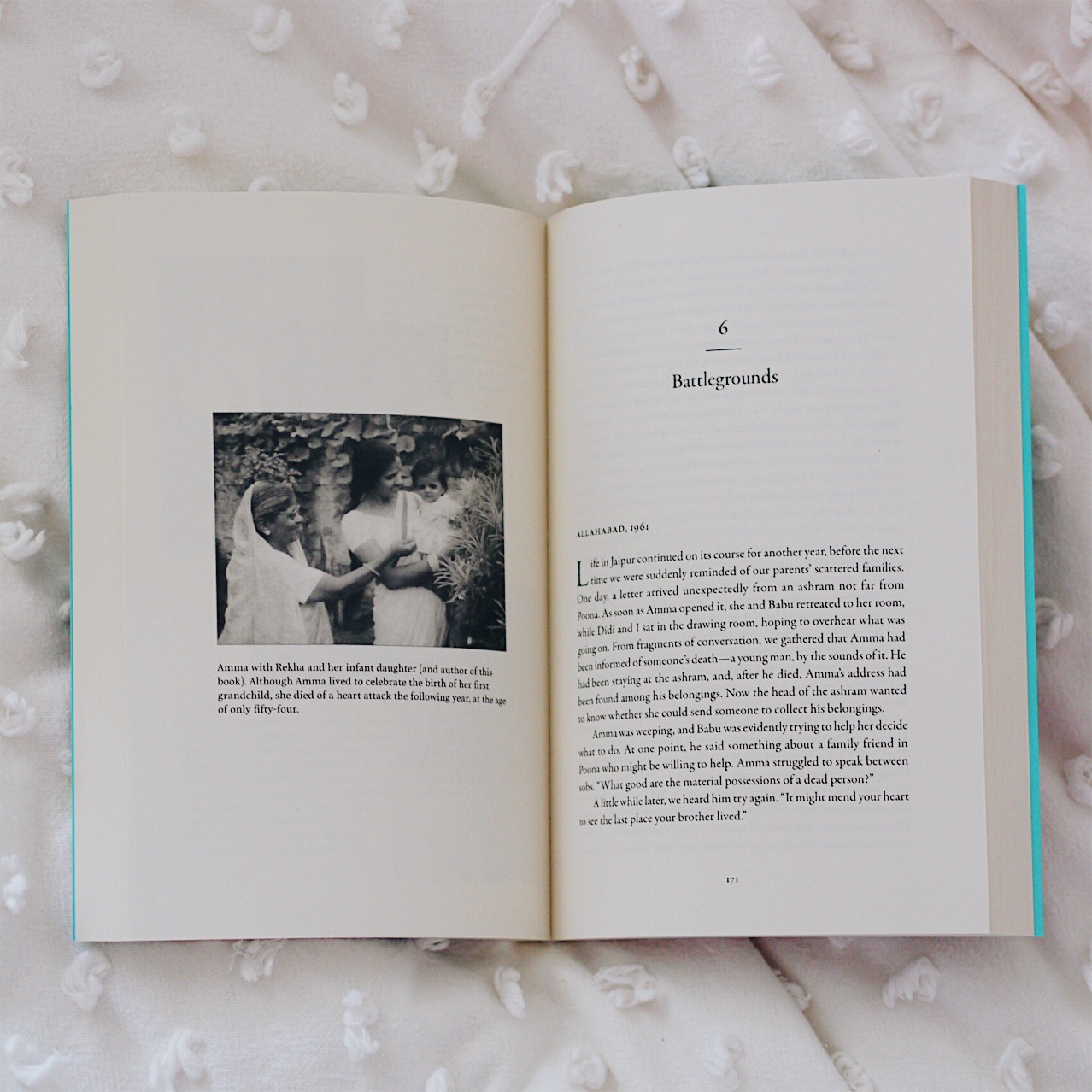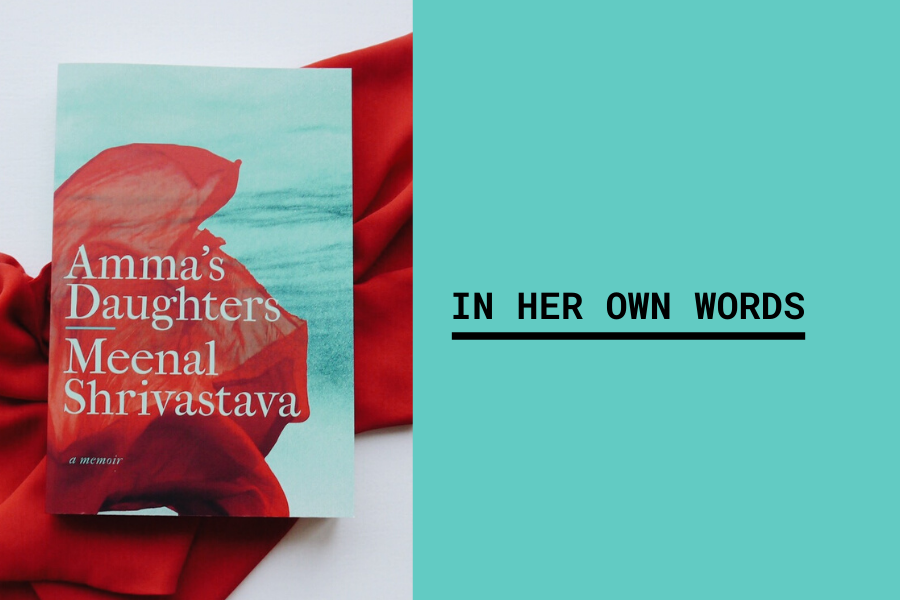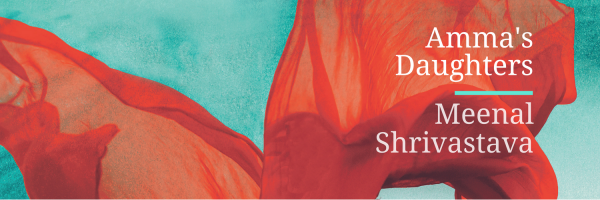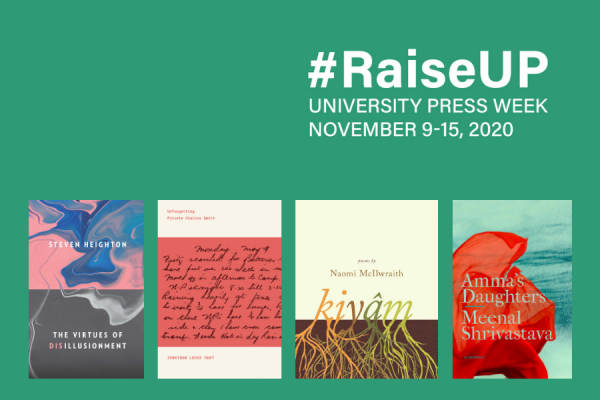Over the next few weeks, we will be reading Amma’s Daughters by Meenal Shrivastava, a book about ordinary women who were quietly extraordinary in their lifelong commitment to freedom and justice for all, and we would love for you to join! Below, Shrivastava shares her only memory of Amma, her grandmother, and what this memoir means to her at this moment in time. To learn more about this remarkable book, visit ammasdaughters.com.
My only memory of my grandmother, Prakashwati Sinha, is an illogical one: being held in her lap surrounded by the whiteness of her sari and her bedspread, her gentle and firm voice, and the soft whirring of her table fan. She passed away when I was still an infant, but I lived in her shadow all my childhood in Jaipur. My mother quoted her Amma multiple times a day, and total strangers shared stories about my grandmother’s life. From them I learned about my grandmother as a child who joined India’s struggle for independence at a tender age, a young woman who rubbed shoulders with the political glitterati of South Asia, and a grown woman who remained committed to social justice throughout her short and eventful life. When I read Amma’s diaries though, I also discovered the survivor of a childhood trauma, a child who could never return home. Amma was one of the many remarkable women who fought for the freedom of their people, but were let down by the society as well as the nationalist movement, their contributions forgotten.
Amma was born in 1918, the year of the influenza pandemic that claimed 50 to 100 million lives worldwide. In the aftermath of the pandemic, a whole generation of communities saw a decline in life expectancy, income, education, and other measures of well being. The death toll of the 1918 pandemic also shortened World War I and helped tip the balance of power in the latter days of the war toward the Allies.
Subsequently, nationalism surged in the form of Fascism, Nazism, and economic protectionism, but also in the form of independence movements in a number of colonized nations around the world. Amma’s life and choices were inherently connected to these cataclysmic events as a young girl living in colonized India. The stories in Amma’s Daughters remind us that ordinary people’s lives affect, and are in turn transformed by these momentous events, and thus we need constant reminders of our stakes in any major social-political change.
A century apart, as COVID-19 continues to rake up a massive toll, what lessons can we learn from the world that emerged from the ravages of the influenza pandemic from the perspective of ordinary people, particularly women and children?
—Meenal Shrivastava
![[book cover] Amma's Daughters](https://www.aupress.ca/app/uploads/120274_Ammas-Daughters-cover.jpg)
Here’s our reading schedule for the next few weeks.
June 1 to 7 | Chapter One: Dislocations
June 8 to 15 | Chapter Two: Many Homes
June 16 to 21 | Chapter Three: No Easy Path
June 22 to 28 | Chapter Four: Meeting Babu
June 29 to July 5 | Chapter Five: City of Conquests
July 6 to 12 | Chapter Six: Battlegrounds
July 13 to 19 | Chapter Seven: Departures
July 20 to 26 | Chapter Eight: Crossing Thresholds
July 27 to August 2 | Chapter Nine: Letting Go
August 3 to 9 *THIS WEEK* | Epilogue and Writing Amma’s Story

Download your free copy of Amma’s Daughters from our website or follow along on YouTube as Meenal reads from her home on Vancouver Island, BC located on the traditional and unceded territory of the Coast Salish Peoples. As you read, feel free to ask questions using the hashtag #AskMeenal or by commenting on YouTube.


